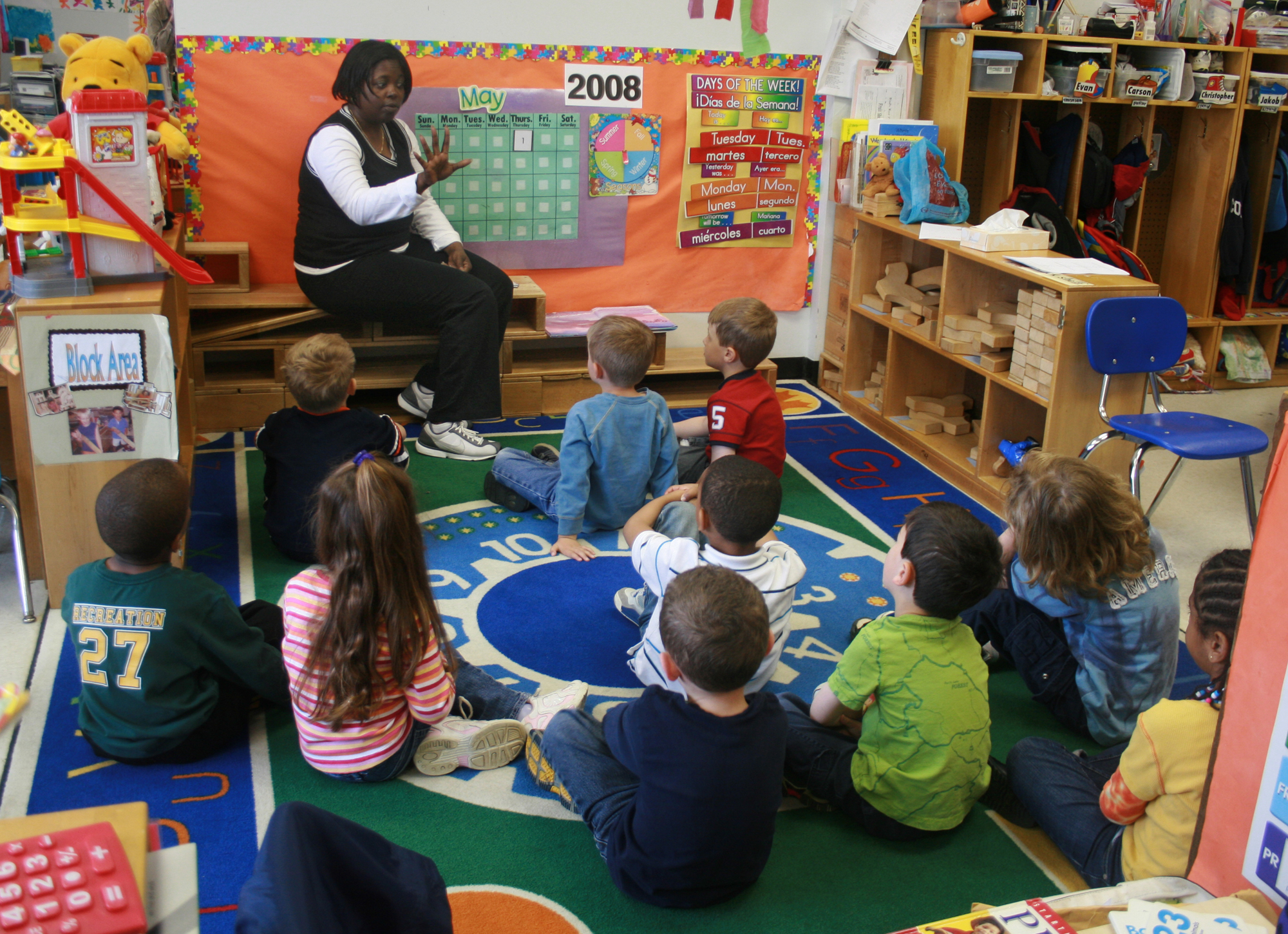Primary Education Scheme:
Adequate attention has been paid to primary education in Russia. Education for the children between 8 to 12 years of age has been made free, universal and compulsory. Four graded primary schools have been established. Some of these schools are one-room-schools as well. The Ministry of Education is responsible for primary education.
ADVERTISEMENTS:
Time and Classes:
Class teaching method is usually emphasised. Individual teaching is also given. However, there is little scope to children for self-activity. They have generally to do assigned work. For older children the period is for 40 minutes and for the younger ones it is shorter. The students respect their teachers.
The school time is generally from 9 a.m. to 2.30 p.m. Due to environmental factors this timing may be changed. Younger children are given leave at 1.00 p.m. Teachers work for 4 to 6 hours. For extra-work the teachers are paid extra-allowances.
Schools are held in buildings of bricks and mortar and also in tents at places. One-teacher-schools, one-class schools and four-graded-primary schools are found in Russia. In some backward areas schools are held in tents because of the mobile nature of the inhabitants.
ADVERTISEMENTS:
Discipline in Primary Schools:
Earlier strict disciplinary rules were not imposed but now each school has to follow some disciplinary rules. It is so because of the impact of the Second World War. It was thought that adults had the experience and capacity to determine the nature of future of the children.
Therefore, a disciplinary environment is necessarily created for children. However, the personality of the child is developed in a democratic environment.
In 1943, 20 rules of discipline were promulgated regarding personal and social behaviour considered good for all citizens including the teachers. These rules were introduced into the schools through the language text books.
ADVERTISEMENTS:
The students were encouraged to memories these rules. These rules pertain to home and social life of children. For example, children under 16 years of age were not permitted to see any drama or cinema picture after 10 p.m.
In the night they were not allowed to roam about on the street. If any child goes against these rules he was regarded as a psychological case and was given the necessary treatment. All these rules have been now relaxed and the parents are now free to look after the growth of their children in their own way.
Curriculum and Examination System
Curriculum:
The Ministry of Education prescribes the curriculum for primary education. Teaching of vocabularies and use of words are specially emphasised. All the subjects are compulsory. For the first three classes, under the supplementary programme, are included experiments, demonstration, field-trips, dramatizations and fine arts. At times, the children are taken to the professional theatres also.
Language, mathematics, geography, history, music, nature study and physical education are taught. Reading, writing and use of grammar are well practised. In the teaching of geography, local geography is also taught along with geography of the country.
In the teaching of various subjects, different types of material aids and devices are used. Charts, films, maps and models are also employed. Some text-books are published with a view to encourage experimental work in the schools.
These text-books are translated into regional languages also. Children’s’ interests, aptitudes and needs are emphasised in the preparation of text-books. The teachers are allowed to make minor adjustments in these text-books according to their local needs. In the revision of text-books, the points of view of teachers according to the local requirements are duly considered.
For the six days in a week lessons are prescribed in the text-books. In the classes I and II, 24 lessons, in the class III, 25 lessons and in the class IV, 27 lessons are taught in a week. Generally, a teacher teaches all the subjects to a class.
At some places a teacher continues to teach the same group of children in the four successive years of primary education. The period is of 45 minutes followed by 10 minutes leisure. There is a 15 minutes interval. The parents pay for the lunch of their wards.
The Examination System:
There is an examination committee consisting of the principal and two other teachers. The inspector of schools of the region is also present at the time of examination. The examination is generally oral. At the end of the fourth year there is a transfer examination, after passing which the child enters the junior high school.
The Ministry of Education prints examination cards for guidance of the primary schools. This card contains various types of examination questions, some of which are to be used in the examination.
In the oral examination correct pronunciation and the method and style of giving the answers are considered of great importance. The examination system at the primary stage is so well developed that there is a cordial relationship between the students and examiners. No partiality is shown.

